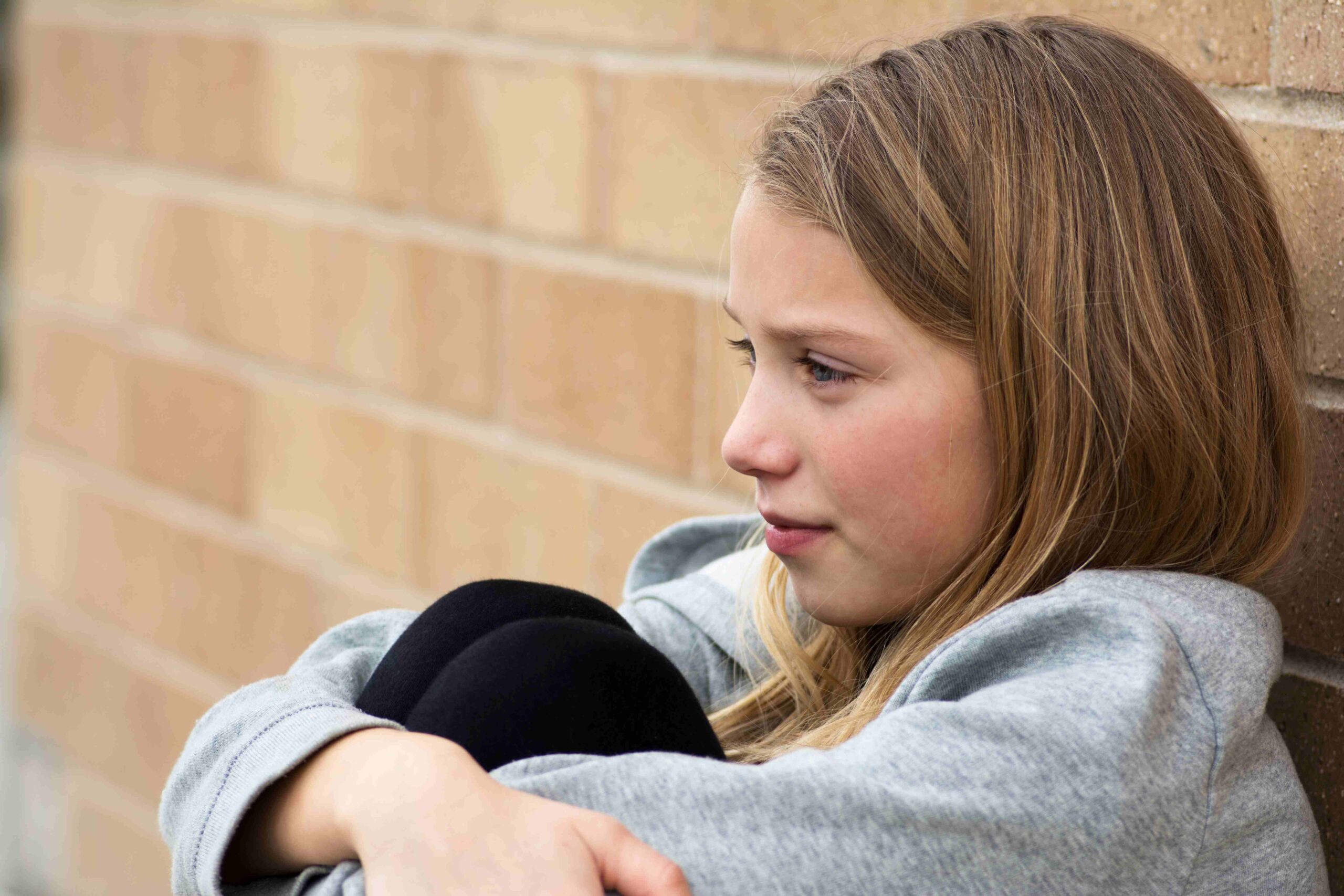 Depression and anxiety are common in children and indicate a problem with mood or anxiety processing. Depression and anxiety disorders can develop in children at any age, from preschool through adolescence. A combination of life experiences, inherited genes, and other factors influence who develops anxiety or depression and when.
Depression and anxiety are common in children and indicate a problem with mood or anxiety processing. Depression and anxiety disorders can develop in children at any age, from preschool through adolescence. A combination of life experiences, inherited genes, and other factors influence who develops anxiety or depression and when.
Depression and anxiety can cause difficulties with sleeping, thinking, or managing frustration. It is common for anxiety or depression to first be noticed with disruptive behaviors such as trouble with rules, talking back, or tantrums.
During the COVID-19 pandemic, rates of anxiety and depression have doubled, with depression rising to 1 in 4 children and youth and problematic anxiety to 1 in 5. Importantly, rates are rising during the pandemic.
Parents, teachers, and pediatric primary care clinicians can monitor for signs of depression and anxiety including school difficulties, changes in sleep or eating, getting along with friends or family, withdrawing from activities, and using screening questionnaires for depression or anxiety in health care visits. It also very important for parents to access their on mental health care to provide them with tools to help their and their children well-being.
For more information on this important topic read this publication.
